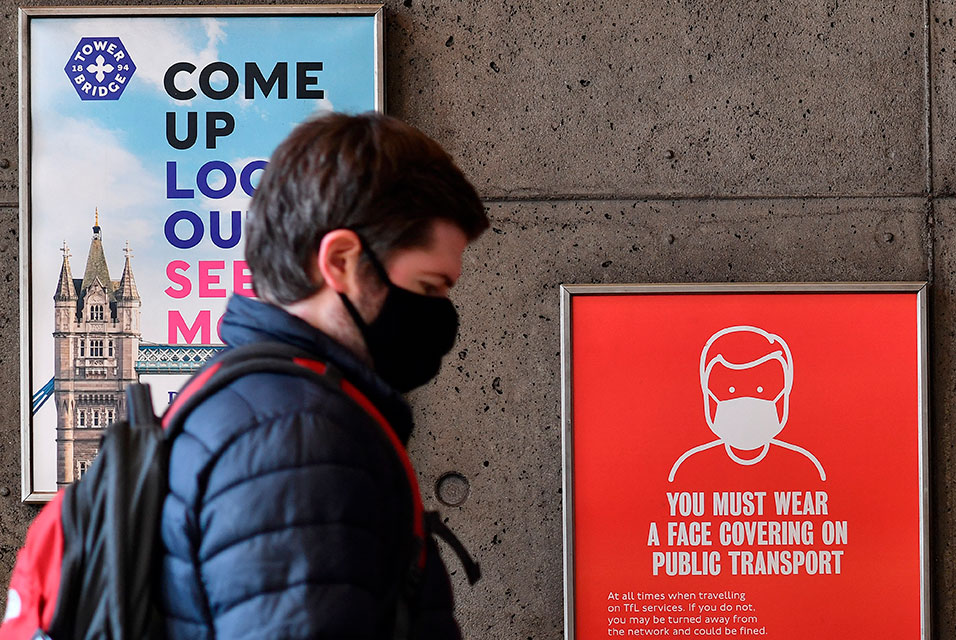CAMBRIDGE.- If the trial is successful, it may pave the way for a new treatment to prevent or alleviate the impact of COVID-19 in people on dialysis, people who have had a kidney transplant, and people with auto-immune diseases affecting the kidneys such as vasculitis who require treatment to suppress their immune system. The treatment will last up to nine months.
Led by scientists from the Cambridge University Hospitals NHS Trust and the
University of Cambridge, the PROphylaxis for vulnerable paTiEnts at risk of COVID-19 infecTion (PROTECT-V) trial will start in Cambridge with a plan to expand to other UK healthcare centres. It will recruit at least 1,500 kidney patients, who will be randomised to receive either a placebo (or dummy) drug, or UNI911 (niclosamide) as a nasal spray, both provided by the manufacturer UNION therapeutics, in addition to all their usual treatments. Participants can receive the vaccine and still take part in this trial, which will identify whether niclosamide can protect people from the virus either on its own, or in combination with any of the vaccines currently available.
Niclosamide has been re-formulated into a nasal spray so it can be delivered directly to the lining of the nasal cavity, like a hayfever spray. In the trial, people will take one puff up each nostril twice a day, as this is the part of the body where the virus can take hold. This ‘local’ drug delivery is likely to reduce the chances of people experiencing any side effects.
Usually used to treat intestinal worms and taken as a tablet, niclosamide has shown real promise in the lab. Early tests revealed niclosamide could stop SARS-CoV-2 multiplying and entering cells of the upper airways.
Dr Rona Smith, senior research associate at the University of Cambridge and honorary consultant nephrologist at Addenbrooke’s Hospital, who is leading the UK study, said: “It is vital that we find a way to protect patients on haemodialysis and other high-risk kidney patients from catching SARS-CoV-2 and developing COVID-19. If they get it, they are more likely to fall seriously ill or die, and we need to find a way to change that.
“We believe testing niclosamide is particularly important for people who are immunosuppressed and have kidney disease, because their immune responses to vaccines can sometimes be less effective. While the vaccine will offer a level of protection, niclosamide may provide further protection against COVID-19 that doesn’t rely on the immune system mounting a response.
“If successful, our innovative trial could mean that the treatment becomes available to kidney patients more widely within months. It would mean they could receive their regular life-saving dialysis or take their immunosuppressant drugs without additional worry. And if it’s successful it could even be rolled out more widely – and benefit more vulnerable people.”
The trial involves researchers and patients from across the UK. It is funded by LifeArc, Kidney Research UK, the Addenbrooke’s Charitable Trust and UNION therapeutics and is supported by the NIHR Cambridge Biomedical Research Centre. UNION therapeutics is supplying the drug.
Professor Jeremy Hughes, kidney doctor and chair of trustees at Kidney Research UK, said: “Sadly, one in five kidney patients receiving dialysis in hospital or who have a kidney transplant and tested positive for the virus died within four weeks. Many of those on dialysis are having to put themselves at risk and attend their renal unit for life-saving dialysis treatment several times each week. And those who have had a kidney transplant must continue taking their immunosuppressant drugs, despite these making them more susceptible to infection.”
“Repurposing already available drugs or those in the late stage of development offers the fastest route to bring benefit to patients at this critical time,” said Melanie Lee, CEO of LifeArc.
Announcing the PROTECT-V trial, Matt Hancock, Health and Social Care Secretary, said: “Since the beginning of the pandemic, we have worked to find the best treatments the world has to offer for COVID-19.
“We have been clear from the outset that it will be a combination of safe and effective vaccines, testing and therapeutics that will bring an end to this pandemic, and we will not rest until every individual in the country is protected against this awful disease.”










